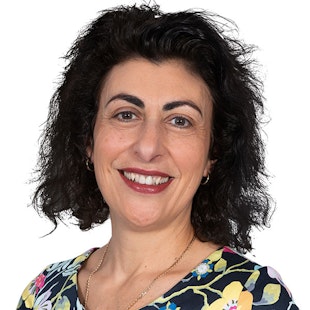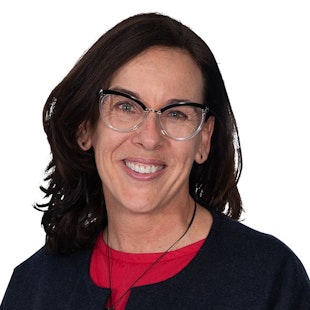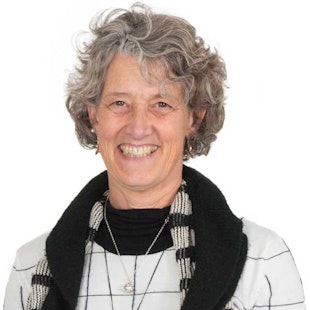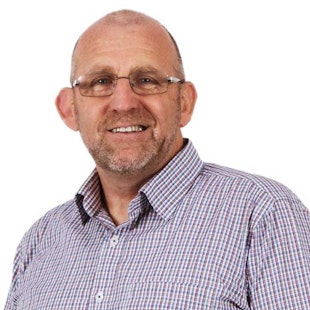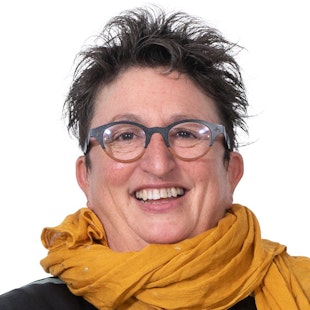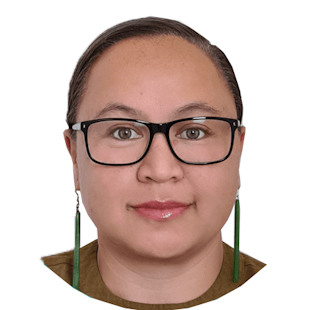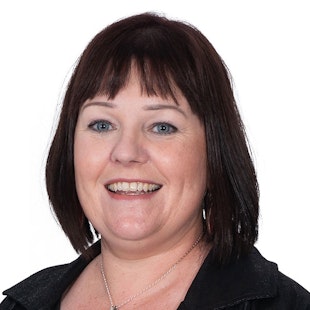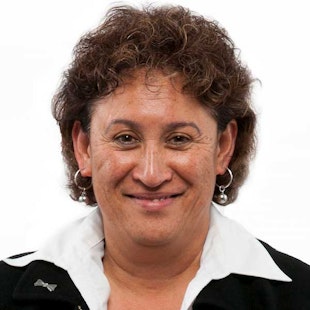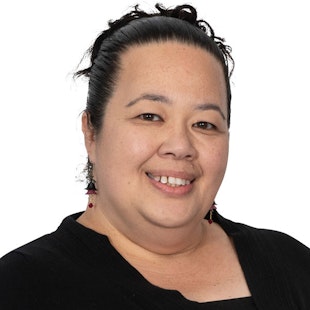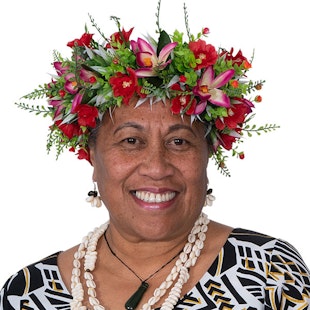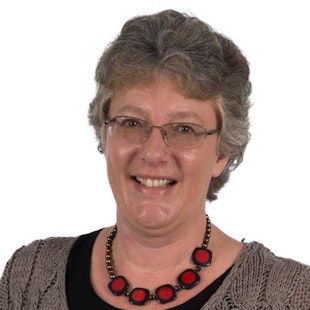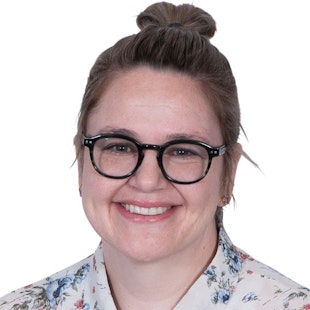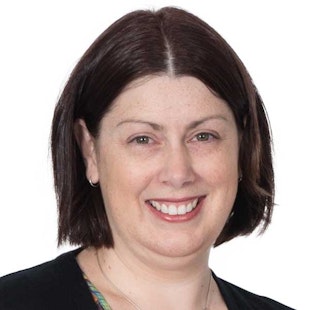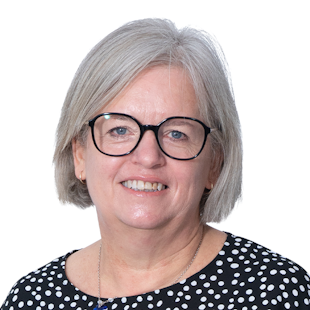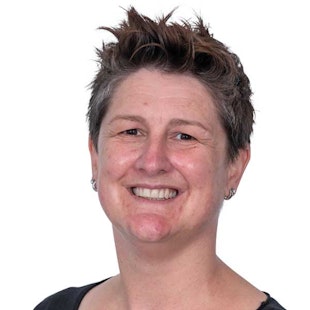Nicola
Tempero
Kaihuawaere | Learning Consultant
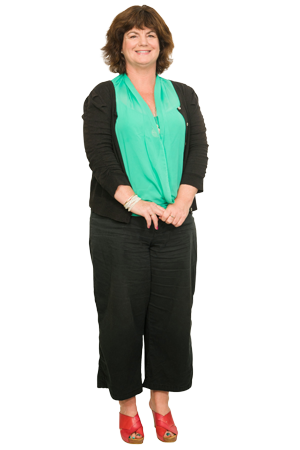
Qualifications
Accredited Facilitator (Ministry of Education) (structured literacy)
Reading Recovery Certificate – Christchurch College of Education
Diploma of Teaching – Dunedin College of Education
Professional experience
Nicki is a highly experienced educational leader and facilitator with a career-long commitment to equity and learner-centered innovation. Since joining Tātai Aho Rau Core Education Nicki has drawn upon her deep expertise across the primary sector to support educators in reimagining what is possible in teaching and learning.
Her background as a primary classroom teacher and leader allows Nicki to co-create tailored, responsive professional learning opportunities that weave multiple learning areas together to suit the specific needs of learners and the unique culture of each school.
Whether working within Structured Literacy PLD,Writing, Digital Technology refresh, curriculum design, with individual schools and Kahui Ako, or with clients outside the traditional education sector, Nicki's approach is underpinned by research and evaluative frameworks. MHer goal is to ensure the development of lasting competencies and capabilities, providing practical, proven strategies that deepen engagement and ensure every learner and leader achieves their desired outcomes.
Expertise
Nicki has expertise in the following areas:
Literacy
- Structured literacy Ministry accredited
Successfully supported schools to
- embedding evidence-based practices schoolwide
- guiding kaiako to deliver effective Tier 2 structured literacy interventions.
- bridging the science of reading with practical classroom application,
- building teacher confidence and capability from foundational skills to advanced comprehension.
- develop writing programmes through evidence based practice
Change leadership
Successfully supporting leaders to:
- build leadership capability
- support leadership of change
- work collaboratively to improve learning outcomes for ākonga
- align practice to a school's vision, values and strategic intent
- plan strategically for future-focused teaching and learning
- facilitate appropriate professional learning opportunities with staff to grow professional capability
- consult and gather feedback from all stakeholders.
Curriculum design
Successfully supporting schools to:
- implement new learning areas such as the English curriculum
- review what is currently in place and to then strategically consider areas to focus on and next steps
- honour Te Tiriti o Waitangi within their teaching and learning programmes
- explore literacy development in both primary and secondary contexts
- co-create a more localised curriculum that is reflective of a school’s needs and aspirations
- build on and extend existing pedagogies to support success for all learners
- develop their inclusive practices and skills (eg using Universal Design for Learning) to design equitable programs so that all students experience success
- implement authentic and meaningful learning opportunities related to the revised New Zealand Curriculum Te Mātaiaho
- investigate technology programmes of learning
Assessment for learning
Successfully supporting schools to:
- use assessment principles that best support effective learning and teaching.
- implement assessment for learning strategies school wide
- engage ākonga within the learning process
- investigate and implement a range of assessment strategies to ensure success for all ākonga
- build learner agency
Evaluative capability
Successfully supporting schools to:
- interpret and make sense of quantitative and qualitative data to inform practice, evaluate progress, and target interventions and achievement
- use achievement data to inform curriculum design, delivery and assessment programmes
- develop school-wide self-review processes to support school improvement and accountability.
Cultural capability
- explore and design culturally responsive practices for their context
- explore their ability to honour their Te Tiriti o Waitangi obligations
- critically review and then implement professional development to ensure that all are able to see their culture reflected in what learning occurs and achieve success.
Digital fluency
Successfully supporting schools to:
- develop the processes and capabilities required to provide opportunities for all learners to become digitally literate and fluent
- use best practice strategies to enable accessible, relevant and high quality, blended learning to improve learner engagement and achievement.
Conference presentations, keynotes, seminars, workshops
2020 NPDL Design process (Digital Technologies)
2020 uLearn presenter
2018–2020 Kia Takatu ā Matihiko team lead
2019 uLearn presenter
2018 uLearn presenter
2017 uLearn presenter
2016 uLearn – Coding and Robotics for Juniors, Digital Tools for Knowing your Learner
2015 uLearn – Help I don’t know how to Code, Coding for Juniors
2015 Google Summit – Gathering Student Voice through Google Forms
Personal statement
Learning and teaching have been my lifelong passions, driven by the belief in that we are all learners and we are all teachers. I am energised by the creativity and excitement that comes with mastering new skills, and I thrive on seeing the potential of what can be. There is nothing more rewarding than witnessing that "lightbulb" moment when a learner – regardless of age – realises the power of their own potential and understands how to put their new knowledge into practice in a way that is personally relevant.
I am a passionate and innovative educator committed to improving the learning experiences of every student. To me, equity is about identifying and removing barriers so that everyone can have their fundamental right to learn. I believe that relationships with students, their family, and whānau are the essential foundation for helping learners realise their potential and become leaders in their own right.
My approach is defined by collaboration and co-design. I work alongside teachers and students to create inclusive environments where curiosity is encouraged and challenges are met with resilience.
Ultimately, I believe learning should be a journey of fun, inclusion, and connection. I am dedicated to imparting a sense of joy in the learning process, helping others discover the transformative power of education and the endless possibilities it creates.
